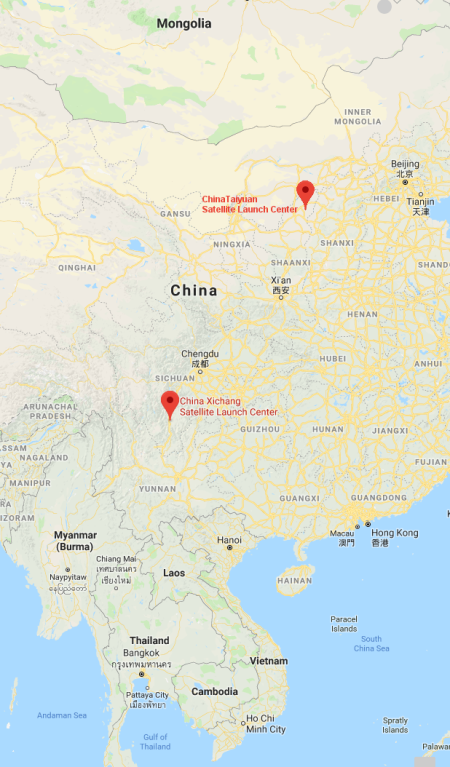Leftist election terrorism
They’re coming for you next: The level of hatred and insanity coming from the partisan left has in the past two years steadily moved from mere vicious hyperbole to increasing violence. The upcoming midterm elections is now fueling this increase in violence, as seen by these stories from yesterday:
- ‘Threats of Rape and Strangling’ force conservative commentator into hiding after anti-abortion tweet
- DC police investigate threat to commit mass shooting at a MAGA event in Trump International Hotel
- Man assaults GOP Congressional candidate with switchblade
The first two stories were generated mostly by Twitter threats, a sewer of such vicious evil. They might not result in violence, but such leftist threats on Twitter are definitely becoming more common. And interestingly, even as Twitter is shutting down conservative speech it seems to have little problem with death threats against conservatives.
The third story however is more worrisome. It is part of a pattern where the insane over-the-top statements by Democratic Party elected officials is fueling a hatred among those who are less than stable themselves, resulting in acts of violence. Nor is this the only story recently where an unstable person attacked something or someone because they were perceived as conservative.
And the craziness on the left shows no signs of letting up, as indicated by the decision of leftist Las Vegas professor to shoot himself in the arm “in protest of President Donald Trump.” Though I have no evidence to support this theory, it appears to me from the story that he might have planned on suicide, but chickened out.
I am very worried that in the next two months we will see at least one attack against Republicans similar to the attempted mass murder last year of Republican congressmen at a charity baseball practice. In fact, I fear that such violence is almost certain.




